
Georgian Solo Absurd Tragicomedy "Margaret The Navigator"
Venue:
Theatre YOUNG
NO.1155, Kongjiang Rd Yangpu Shanghai
Date:
12/10/2025 - 12/11/2025

Georgian Solo Absurd Tragicomedy "Margaret The Navigator"
12/10/2025 - 12/11/2025
Theatre YOUNG
NO.1155, Kongjiang Rd Yangpu Shanghai
¥100 - ¥476
Event details
👉 Exchanging paper ticket at the venue with the ticket code which you received via text message starting with [YOUNG剧场]
👉 Children under 1.2m are not allowed to enter
👉 Children over 1.2m will be admitted by full tickets
👉 No cancellation
👉 Children under 1.2m are not allowed to enter
👉 Children over 1.2m will be admitted by full tickets
👉 No cancellation
Playwright: Lasha Bugadze
Director: Zurab Getsadze
Producer: Jingyi Ren
Actor: Teimuraz Dzotsenidze
Director: Zurab Getsadze
Producer: Jingyi Ren
Actor: Teimuraz Dzotsenidze
Nestled between Europe and Asia, Georgia—though small in size—has long engaged in profound dialogue with the world through the language of theatre. At this crossroads of civilizations, the tragic depth of Greece, the mysticism of Persia, the ritualism of Byzantium, and the realism of Russia converge to shape a unique theatrical aesthetic—rugged as the Caucasus, and soulful as Georgian wine.
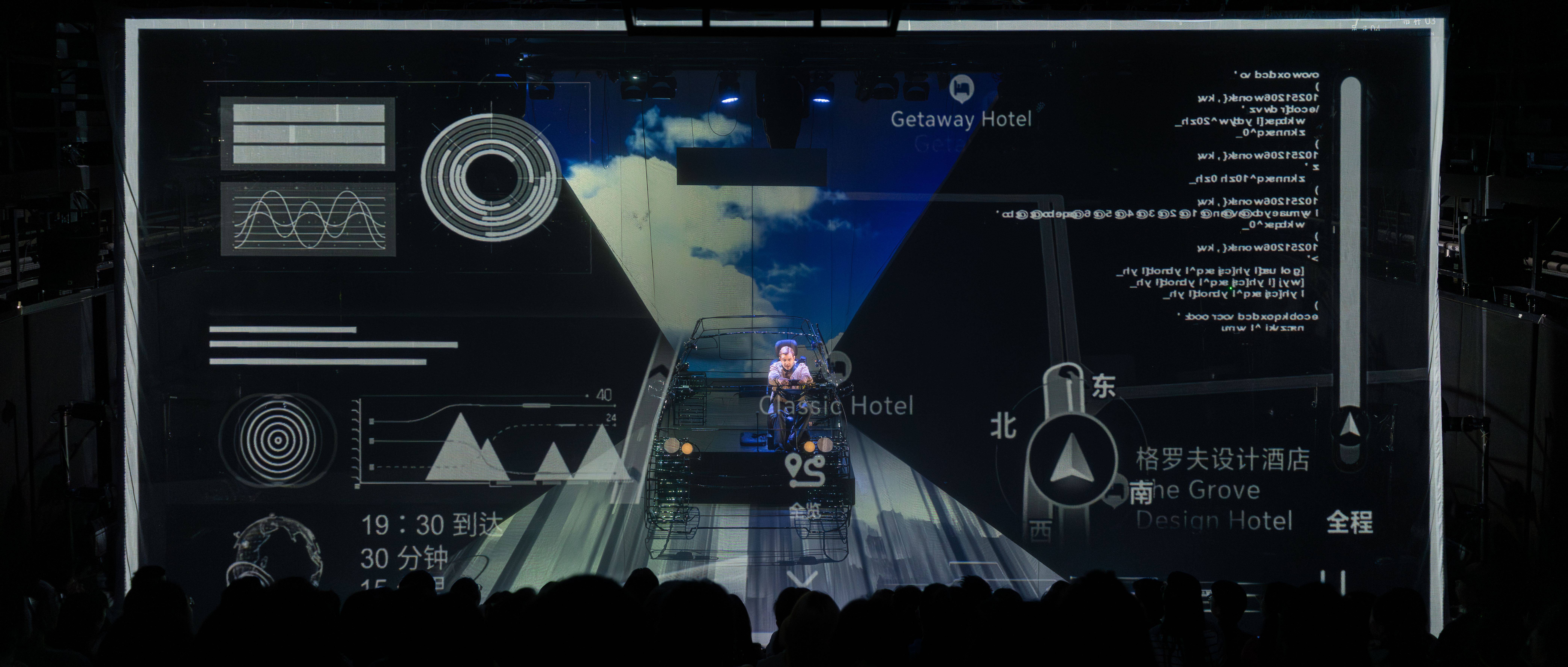
The Paradox of Collective Loneliness
In today’s hyperconnected age, we are more linked yet more isolated than ever. Georgian theatre turns this paradox into poetry—when countless lonely souls breathe together in darkness, we rediscover resonance within alienation.
From The Navigator to Margaret
Born from this insight came The Navigator, a story not merely of love between a man and his GPS, but of a soul seeking escape from the digital labyrinth. After its acclaimed premiere, the play now returns under a new title—Margaret, echoing Rostom’s cry of “navigation” in Georgian—reappearing on December 15 at the YOUNG Theatre.
About the Play
This is a parable of modern love between humans and algorithms—a theatrical fantasia of virtual affection and real loneliness. Rostom, 45, lives alone, withdrawn from society. His only companion is the cold mechanical voice of his car’s GPS—until one day, it starts sounding human. The voice laughs, comforts, listens. Night after night, he confides in it, until affection blurs with illusion.
Artistic Highlights
Directed by Zurab Getsadze, recipient of Georgia’s Order of Honor for Artistic Merit
A student of the legendary Mikheil Tumanishvili, Getsadze has served as resident director of the Tumanishvili Film Actors Theatre since 1992, was a member of the Edinburgh Festival Fringe Committee, and served as artistic director of the GIFT International Theatre Festival. His King Lear received a Golden Mask nomination, and The Wedding was selected for the European Theatre Union’s “New Frontiers” project.
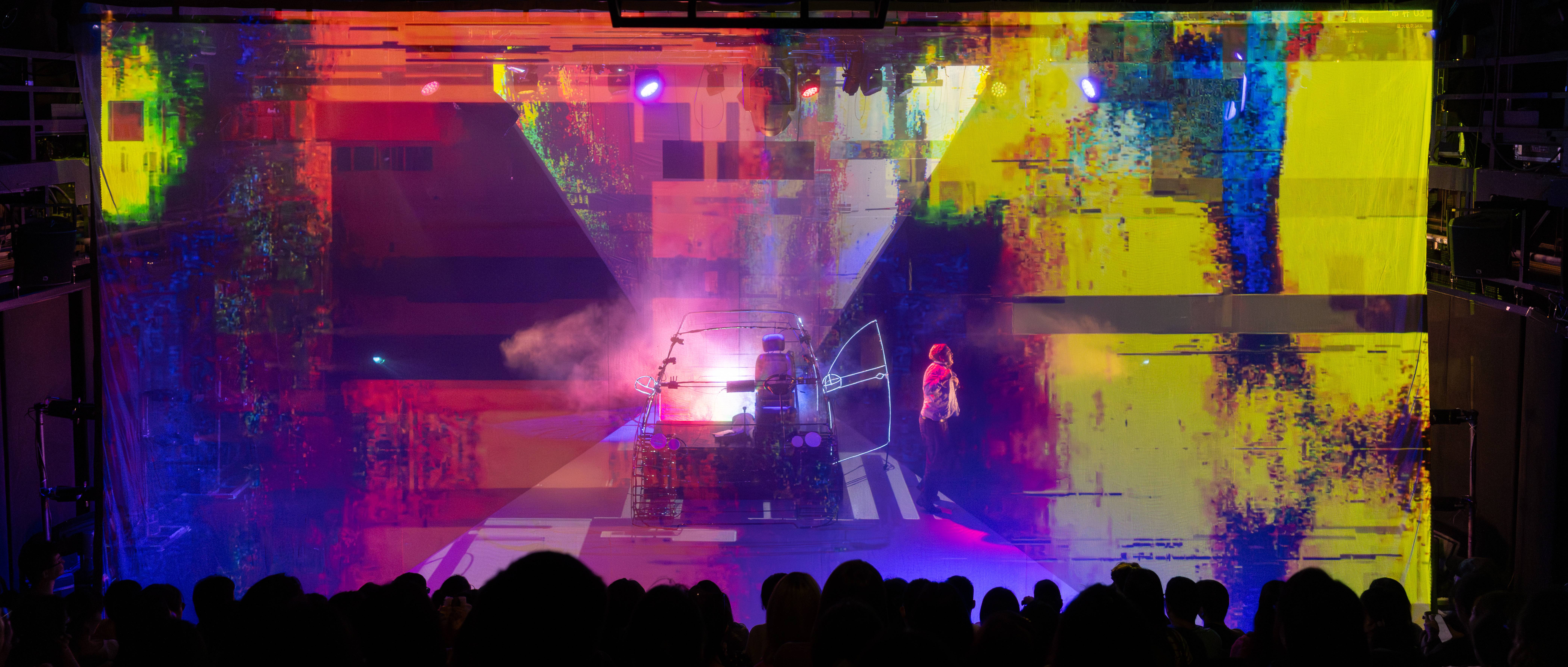
“In a solo performance, the actor bears immense responsibility. Our goal was to make the audience believe—Rostom may be alone, yet he is never truly solitary.”
Between Illusion and Reality
A deconstructed car frame anchors the stage—a metaphor for Rostom’s fractured psyche. Blending physical structure, psychological imagery, and live projection, the space blurs the boundaries between illusion and reality. The car becomes not a vehicle, but a prison for the soul.
Multimedia and Real-Time Projection
A transparent screen separates the stage and audience. Real-time projections of maps, signals, and heartbeats create a cinematic “digital consciousness.” Cameras capture and project the actor’s expressions live, transforming each performance into an unrepeatable emotional encounter.
A Cross-Cultural Dialogue with Loneliness
Portrayed by Teimuraz Dzotsenidze, known to Chinese audiences from the Sino-Georgian Hamlet, the actor channels emotion through every gesture, translating solitude into movement. His cross-cultural insight gives the story a universal resonance.
When the Curtain Rises
In the space between solitude and resonance,
we witness a miracle of love that no algorithm can compute.
we witness a miracle of love that no algorithm can compute.
Notice
Date: Wednesday, 10th Dec. - Thursday, 11th Dec. @ 19:30
Price: 100/180/280/380
Language: Performed in Georgian with Chinese & English subtitles
Duration: 90 mins (no intermission)
Ticket Collection Method
Please take your tickets at the Ticket Center of the YOUNG Theater (E2 gate of the theater) before the show, enter the ticket collection code on the self-service ticket machine with the QR code in the SMS which you received, and then enter the theater after exchanging the paper ticket.
Please take your tickets at the Ticket Center of the YOUNG Theater (E2 gate of the theater) before the show, enter the ticket collection code on the self-service ticket machine with the QR code in the SMS which you received, and then enter the theater after exchanging the paper ticket.
working hours of ticket office: 10:00 - 20:00
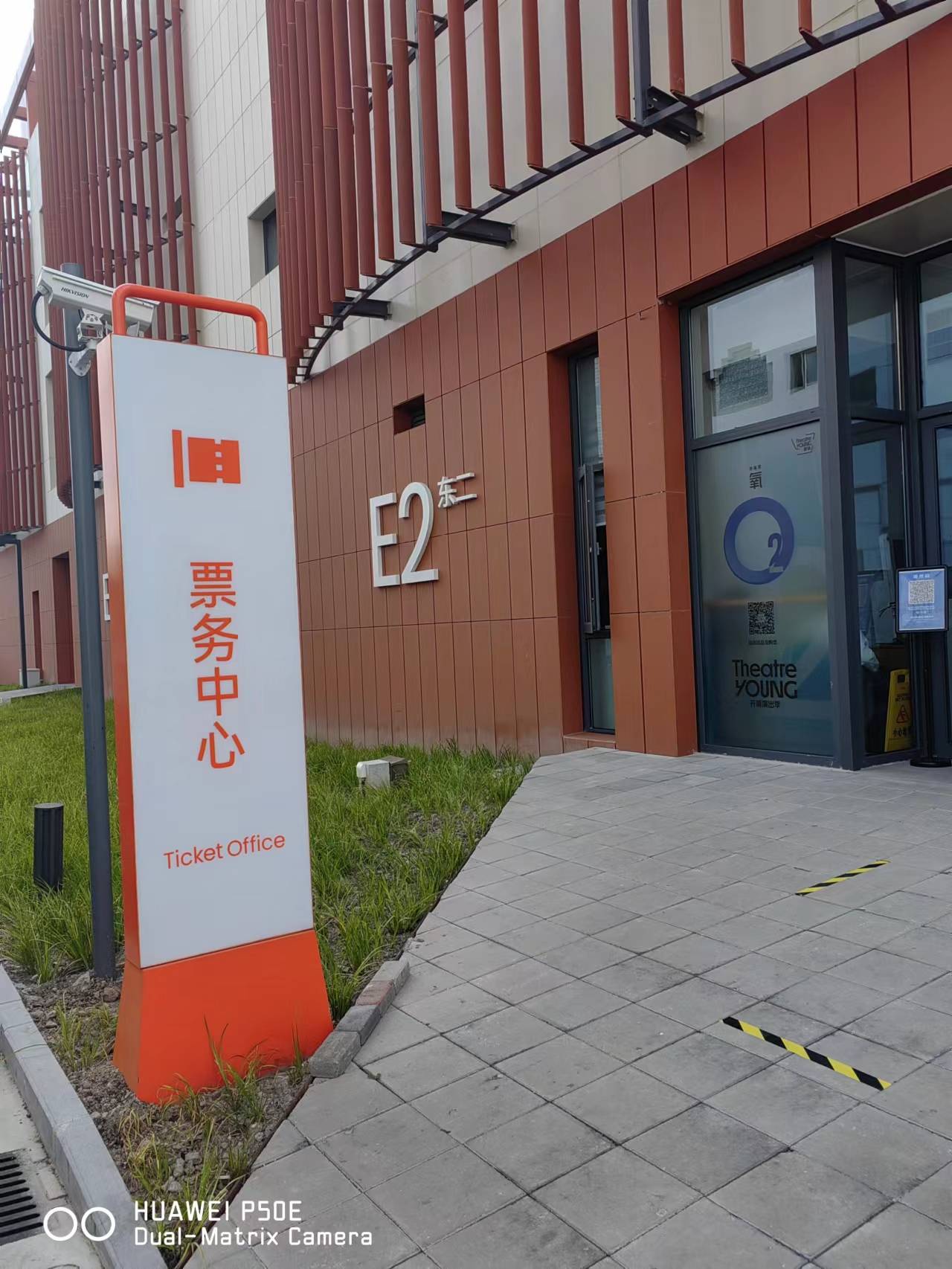
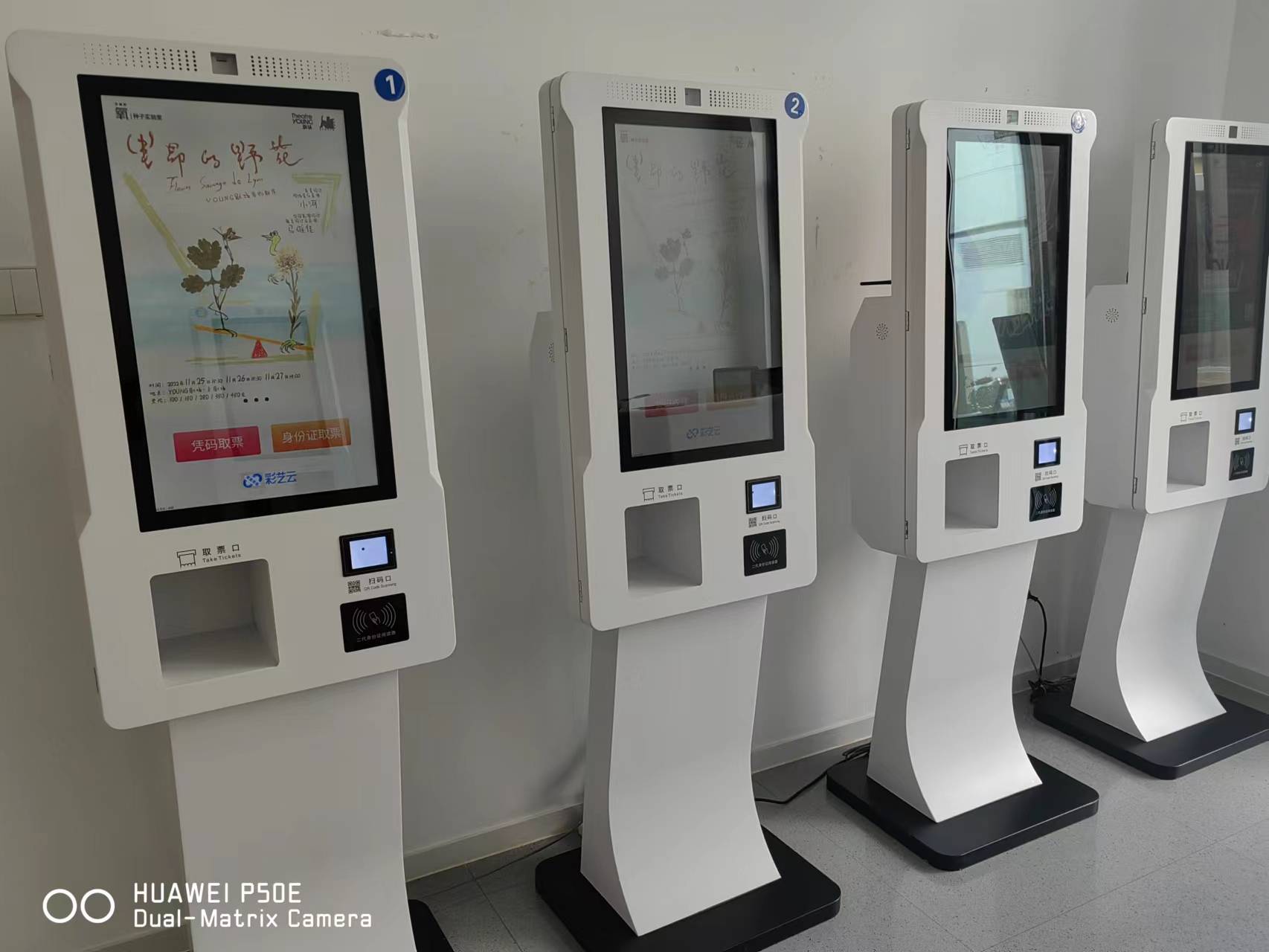
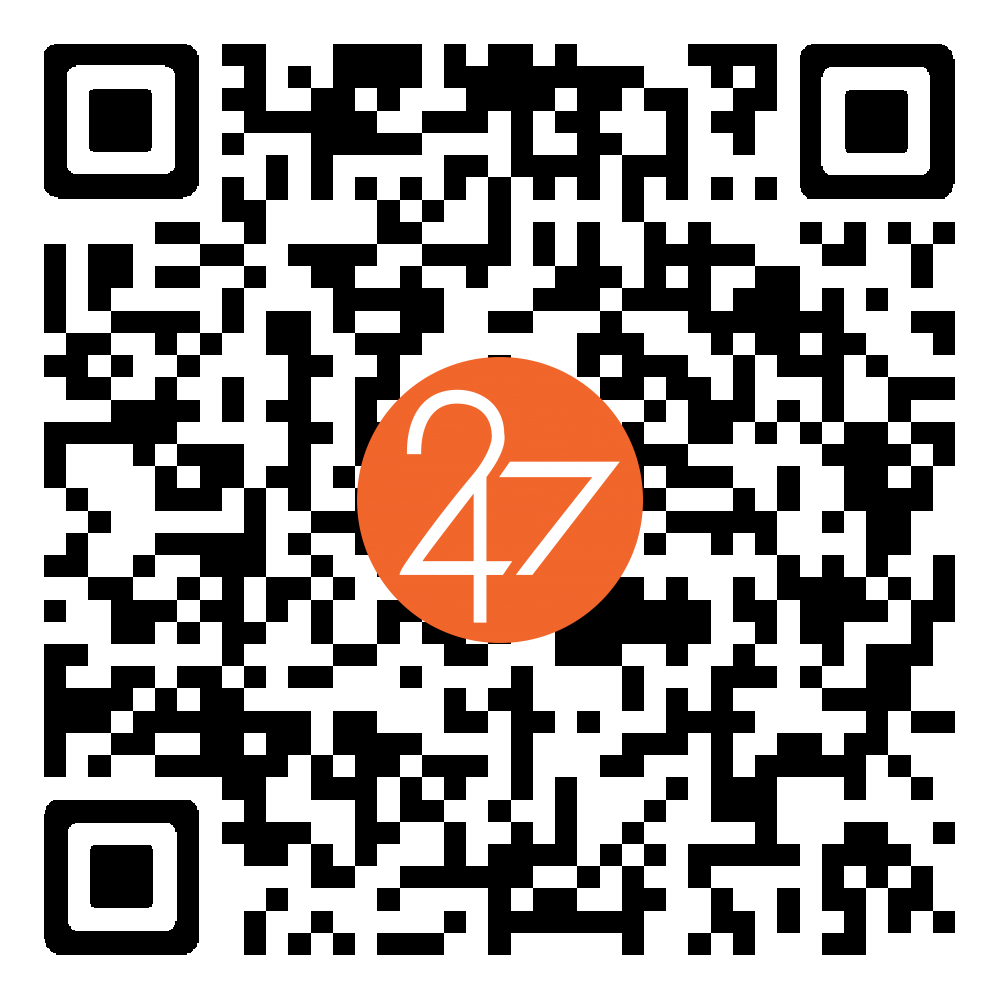
Follow our WeChat for event news, deals, gossip and more!
Book Now
Georgian Solo Absurd Tragicomedy "Margaret The Navigator"
Venue:
Theatre YOUNG
NO.1155, Kongjiang Rd Yangpu Shanghai
Date:
12/10/2025 - 12/11/2025
© 247tickets 2020 沪ICP备19024898号-2

 Add us on WeChat to speak to our friendly customer service team! ID: love247tickets
Add us on WeChat to speak to our friendly customer service team! ID: love247tickets